Last year, California’s Reparations Task Force issued a report that suggested paying Black residents hundreds of billions of dollars to address past racial injustices.
Now, the California legislature is taking the first steps to act on the proposal; setting aside $12 million for reparations payments. However, some reparations proponents say this simply isn’t enough.
Modest New Proposals
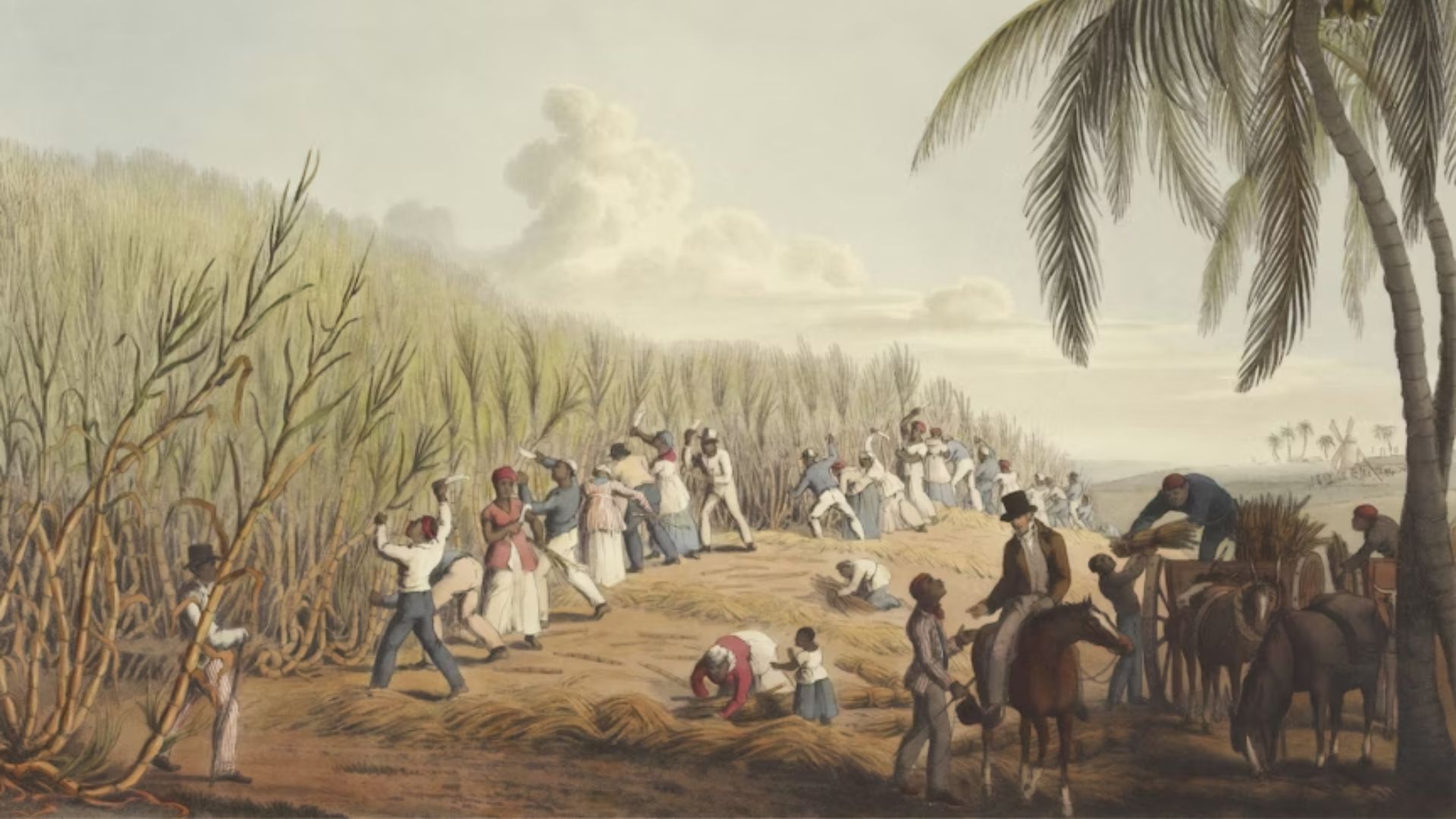
Compared to the hundreds of billions in spending recommended by the Reparations Task Force last year, the $12 million set aside in the new state budget is measly – representing less than $6 for every Black Californian.
The diminished sum is reflective of a wider economic downturn in California – with the state tightening its belt after recording a multi-billion deficit.
Not Enough, Claim Critics
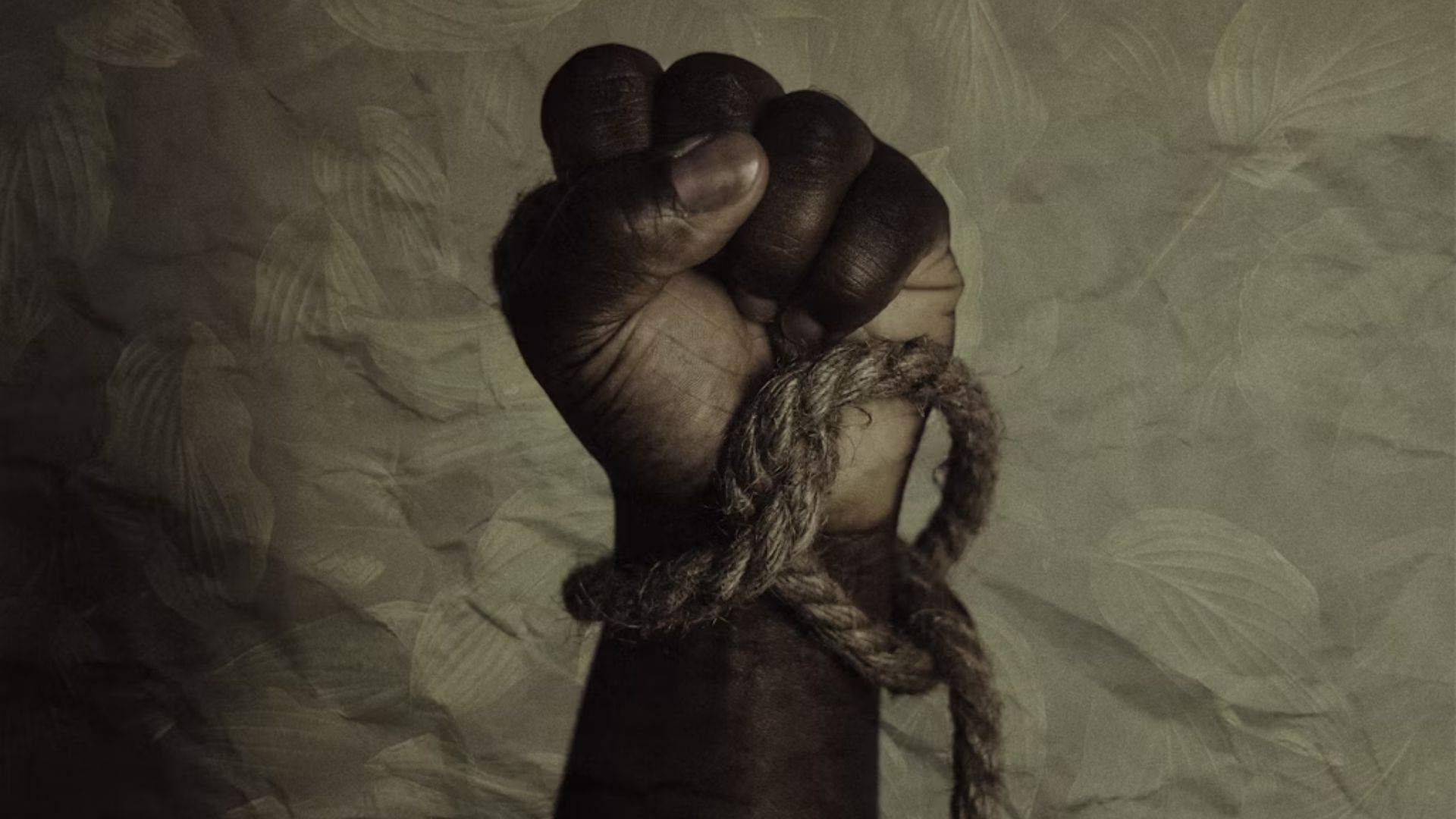
The diminished $12 million figure – a far cry from that originally sought by reparations supporters has drawn criticism for being insufficient to address centuries of oppression.
Alan Blinder, of the New York Times, wrote, “The state’s approach has drawn criticism as offering far too little in the face of a sprawling, methodical report that laid bare a troubling history and offered recommendations on how to make up for it.”
Some Activists Celebrate The Small Win

Amidst a multi-billion-dollar deficit and a budget that prioritized spending cuts, many reparations proponents are grateful that any money at all was devoted to reparations.
Lori D. Wilson, who chairs the Legislative Black Caucus in California, said, “I thought it was a win…To see it in the budget means that we were listened to.”
What The Reparations Panel Originally Wanted

The Reparations Task Force was created in 2020 via a bill signed by Governor Gavin Newsom following the George Floyd murder.
In May 2023, the panel suggested measures that would cost hundreds of billions of dollars. They included financial restitution for those impacted by overpolicing/mass incarceration, and for those disqualified from taking out mortgages due to the discriminatory housing practice known as redlining.
More Proposals For Justice
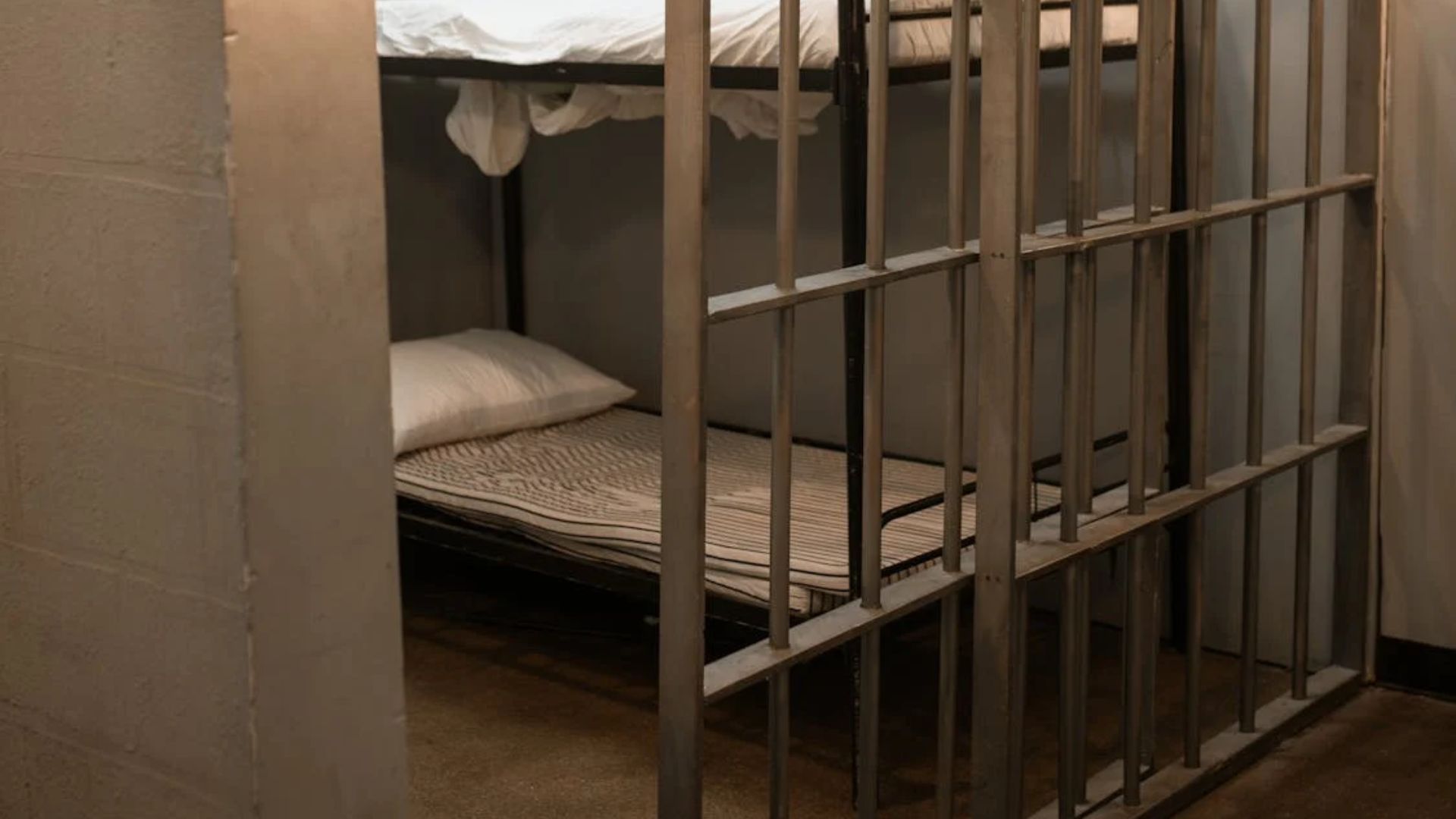
Though many lawmakers have balked at the idea of direct cash payment reparations, there has been support for measures such as prioritizing Black Californians for professional licenses.
Earlier this week, the state Legislature put on the November ballot a proposal to ban involuntary servitude. Other parts of a reparations package suggested by the Black Caucus await votes from lawmakers.
Proposals Vary in Costs

Many proposals from the Black Caucus, like a formal state apology for “perpetuating the harms African Americans faced by having imbued racial prejudice” carry a low price tag.
The same cannot be said for the proposal to rectify “racially motivated eminent domain”, which estimates suggest could cost hundreds of millions of dollars.
Reparations Gain Support Elsewhere in US
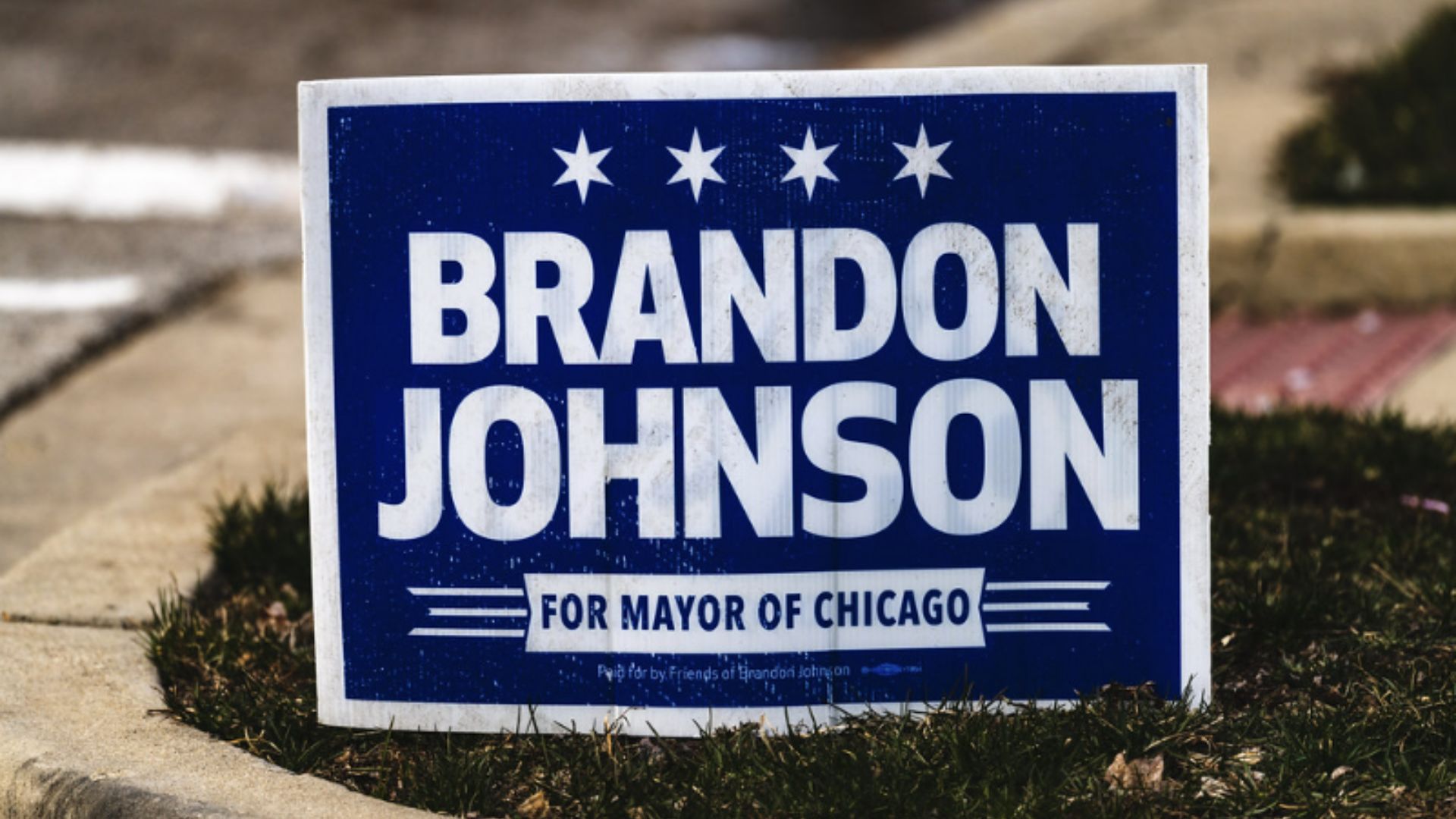
While reparations proposals face both progress and setbacks in California, the idea is being debated elsewhere in the United States – with a nonbinding commission set up last year in New York to consider the issue.
Meanwhile, Chicago Mayor Brandon Johnson created a reparations task force this month. In Evanston, Illinois housing grants have been given out in an attempt to rectify the damage caused by redlining.
Not All Support Reparations

Support for reparations is not universal among California legislators, with Republican Assemblywoman Kate Sanchez opining that, “The pains of our past should not be paid by the people of today.”
Meanwhile, a September 2023 poll found that most Californians opposed cash reparations for slave descendants – although the proposal was largely popular among the state’s Black residents.
California’s Belt-Tightening Budget
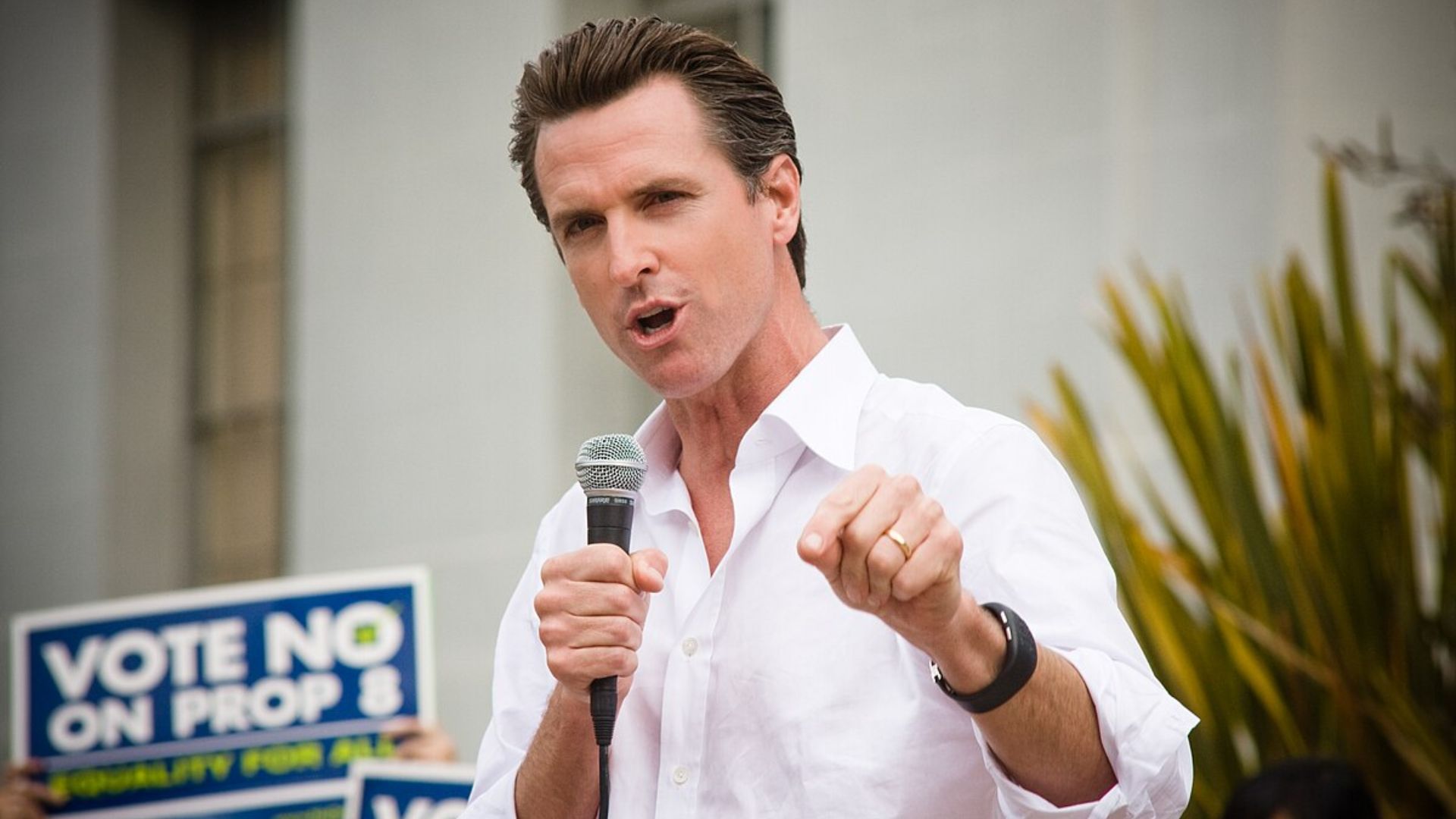
Transformative reparations measures are not the only proposal to be curtailed by California’s latest, belt-tightening budget.
In an attempt to rectify a $46.8 billion deficit in the state, Governor Newsom recently signed into law $16 billion in spending cuts. The latest budget included a delay in proposals to raise the minimum wage for healthcare workers.


